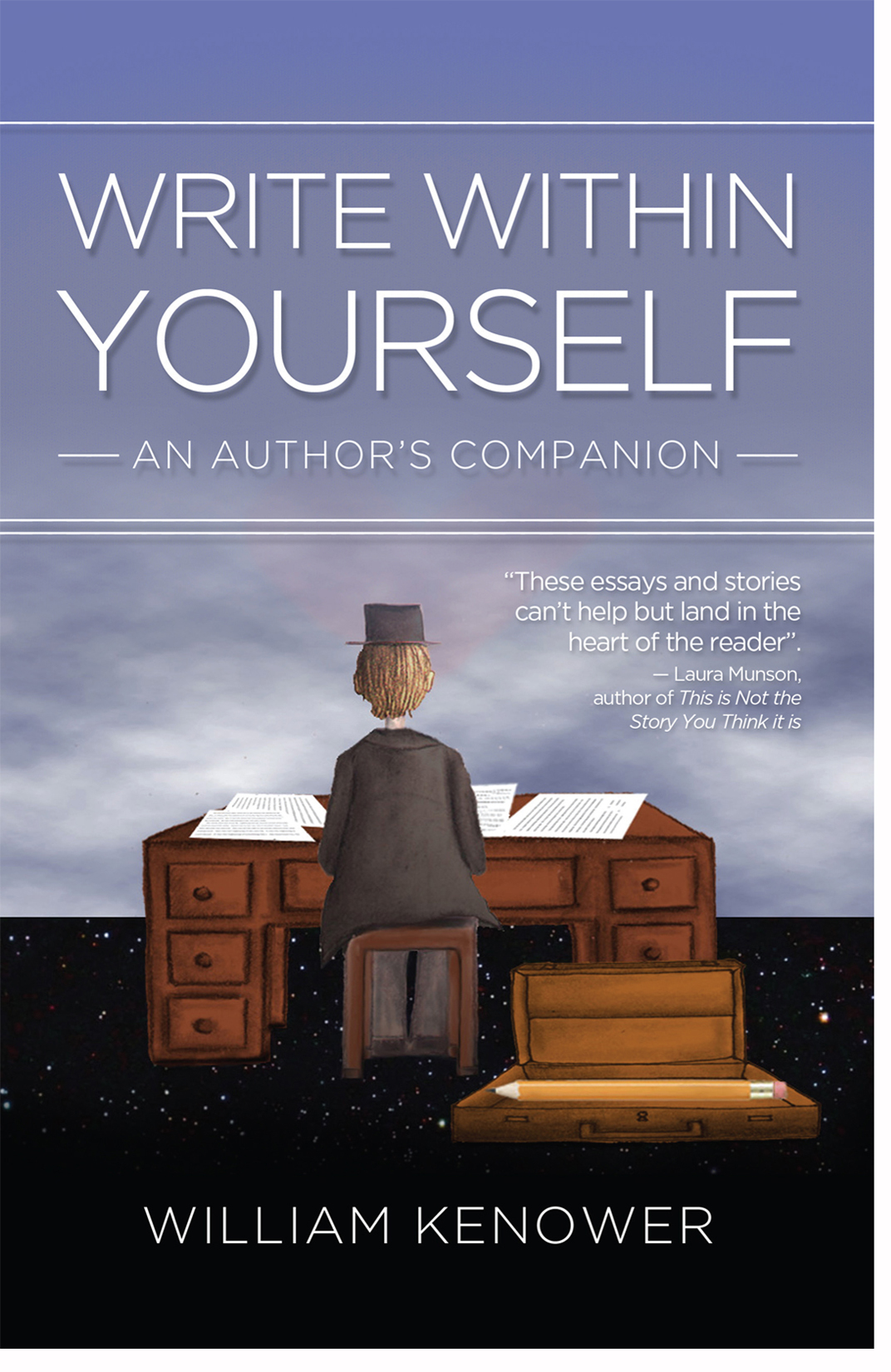Trusting Discipline
There is an important, though at times hard to distinguish, difference between effort and discipline. Writing definitely requires discipline, meaning I cannot be sloppy in how I think about my work. To bring myself to the desk every day I cannot compare what I am writing to what other people have written, nor can I believe I have a crystal ball in my imagination capable of foreseeing a grim future where nothing I write will be appreciated. I cannot doubt that the things I find interesting will be interesting to other people. To write I must have the discipline of trust. I must have this discipline because, as I write, many ideas will present themselves that do not belong in my story. Most of these ideas will nearly belong in my story, and if I am impatient, if I doubt the arrival of a better-fitting idea, I may try to force that idea into my story, thinking to myself, “That’s good enough. Nothing wrong with that idea.” Forcing requires effort. The idea cannot fit by itself in my story, and so I must stuff it in and hold it there, all the while telling myself there is nothing at all wrong with it.
Which there isn’t, of course. There’s nothing wrong with any idea; they just don’t all belong in the story I am telling. Where discipline and effort begin to feel similar is when I feel caught in the riptide of my impatient mind. Now, any idea feels better than the emptiness that the idea I’m actually waiting for is meant to fill. In this moment, doing nothing, simply resting in the feeling I am wishing to express, feels like an effort compared to the instant gratification of putting words – any words – on the page.
How easy it is to mistake trust for complacency or indifference. I am never more productive and creative than when I am trusting, though this trust does not always express itself in action; in fact, often the opposite. Yet when I am the most trusting I do not really distinguish between movement and stillness, between silence and speaking, because in this state I do not consider one more valuable than the other. One cannot be more valuable than the other because they are both expressions of the same thing – the first so I can learn it for myself, the second so I can share it with others.
Write Within Yourself: An Author's Companion.
"A book to keep nearby whenever your writer's spirit needs feeding." Deb Caletti.
You can find Bill at: williamkenower.com


